How to Create a Healthy Relationship with Social Media
Recognizing and Managing Social Comparison
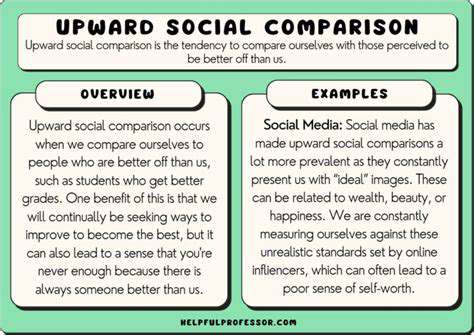
Understanding Social Anxiety
Social anxiety disorder is a common mental health condition characterized by a persistent fear of social or performance situations. This fear often stems from a concern about being judged, embarrassed, or rejected by others. Individuals experiencing social anxiety may anticipate negative outcomes and dread social interactions, leading to significant distress and avoidance behaviors. It's important to recognize that social anxiety is distinct from occasional shyness or nervousness, and it can significantly impact daily life, relationships, and overall well-being.
Recognizing the signs and symptoms of social anxiety is crucial for early intervention and effective management. Symptoms can vary but often include physical sensations like a racing heart, sweating, trembling, and blushing. Psychological symptoms such as feelings of intense fear, worry, and self-consciousness are also common. Understanding these signs allows for proactive steps to address the underlying causes and develop coping mechanisms.
Identifying Triggers and Patterns
Identifying specific social situations or triggers that evoke anxiety is a critical step in managing social anxiety. This process involves self-reflection and awareness of the situations that induce feelings of fear, discomfort, or avoidance. Keeping a journal to record these triggers and associated reactions can be beneficial for understanding patterns and developing strategies to cope with them.
Recognizing patterns of social anxiety triggers can help predict and prepare for future situations. This preparation can reduce anxiety levels and potentially improve the individual's experience. For example, if public speaking triggers anxiety, practicing beforehand and visualizing a successful presentation can significantly lessen the fear.
Developing Coping Mechanisms
Developing effective coping mechanisms is essential for managing social anxiety. These mechanisms can range from simple relaxation techniques such as deep breathing exercises to more complex strategies like cognitive restructuring, which involves challenging and reframing negative thoughts about social interactions. Learning to manage physical symptoms is also critical, as these can exacerbate anxiety and contribute to avoidance behaviors.
Cognitive behavioral therapy (CBT) is often a highly effective approach for developing coping mechanisms. It helps individuals identify and challenge negative thought patterns and develop healthier ways of responding to social situations. Other strategies may include mindfulness techniques, social skills training, and exposure therapy.
Seeking Professional Support
Seeking professional support is a crucial aspect of managing social anxiety. A mental health professional, such as a therapist or counselor, can provide personalized guidance and support tailored to the individual's specific needs. They can offer a safe space for exploring the underlying causes of social anxiety and developing strategies for coping.
Professional support can be invaluable in navigating the challenges of social anxiety. Therapists can help individuals understand the root causes of their anxiety, develop effective coping mechanisms, and build confidence in social situations. This support can lead to significant improvements in overall well-being and quality of life.
Lifestyle Adjustments and Self-Care
Lifestyle adjustments play a significant role in managing social anxiety. Prioritizing sufficient sleep, maintaining a balanced diet, and engaging in regular physical activity can positively impact mood and reduce anxiety levels. Adequate sleep allows the body and mind to recharge, while healthy eating provides the necessary nutrients for optimal functioning.
Self-care practices, such as engaging in hobbies and activities that promote relaxation and enjoyment, can also contribute to better mental well-being. Finding healthy outlets for stress and emotional regulation is critical for managing social anxiety effectively. These practices can significantly improve the overall quality of life for individuals struggling with this condition.
Strategies for Maintaining a Healthy Balance
Prioritizing Self-Care
Maintaining a healthy balance in a relationship requires recognizing and prioritizing your own well-being. This often involves carving out dedicated time for activities that nourish your mind, body, and spirit. Engaging in hobbies, exercising regularly, and ensuring adequate sleep are crucial components of self-care, as they contribute to a more resilient and emotionally stable you. This, in turn, allows you to approach relationship challenges with a healthier perspective and greater emotional capacity.
Setting boundaries is another critical aspect of self-care within a relationship. Learning to say no to requests that drain your energy or compromise your values is essential for preserving your own energy and preventing burnout. It also communicates respect for your own needs and limits, which, in turn, fosters a healthier dynamic within the relationship. Clearly defining these boundaries, both individually and as a couple, can prevent misunderstandings and resentment in the long run.
Effective Communication and Shared Responsibility
Open and honest communication is the cornerstone of any successful relationship. Actively listening to your partner's perspective, even when you disagree, is fundamental to understanding their needs and feelings. This involves more than just hearing the words; it's about truly absorbing and acknowledging their point of view, even if you don't agree with it. This practice fosters empathy and strengthens the bond between partners.
Sharing responsibilities is vital for maintaining a healthy balance in a relationship. This extends beyond household chores and includes emotional labor and support. Recognizing that both partners contribute to the upkeep of the relationship and acknowledging the value of each other's contributions creates a sense of shared effort and mutual respect. This shared responsibility often requires open dialogue and negotiation to ensure both partners feel fairly supported and valued.
Establishing shared goals and aspirations can also significantly contribute to a healthy balance. Having a sense of shared purpose can strengthen the connection and provide a framework for navigating challenges together. This might involve personal goals, professional aspirations, or shared dreams for the future.
Regularly scheduling dedicated time for quality couple time can further enhance the relationship. This time allows for deeper connection, rekindling intimacy, and fostering a sense of shared experience. This might involve engaging in shared hobbies, attending events together, or simply enjoying each other's company in a relaxed setting.
Conflict resolution is an essential skill for maintaining a healthy relationship. Learning constructive ways to address disagreements without resorting to blame or criticism is crucial. This often involves active listening, seeking common ground, and finding mutually acceptable solutions. Practicing empathy and understanding your partner's perspective during disagreements is essential in navigating conflicts productively.
The Power of Digital Detox and Self-Care
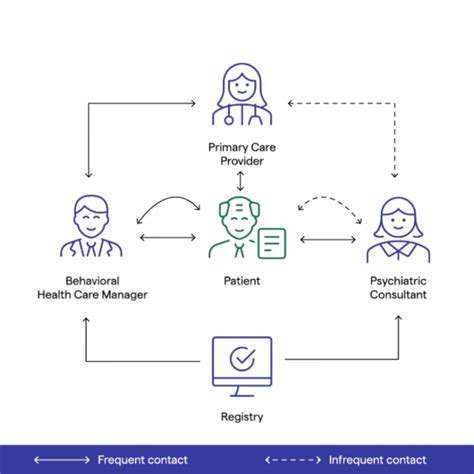
Unplugging for Inner Peace
Taking a break from the constant barrage of digital notifications and the endless scroll of social media can be profoundly beneficial for mental well-being. A digital detox allows you to reconnect with yourself and your surroundings, fostering a sense of calm and reducing feelings of anxiety and overwhelm. This intentional disconnection can help you reclaim your time and energy, leading to a more balanced and fulfilling life.
Many people find that disconnecting from technology allows them to focus on activities they enjoy, such as spending time in nature, pursuing hobbies, or engaging in meaningful conversations with loved ones. This renewed focus on real-life experiences can significantly improve your overall sense of happiness and contentment.
Recognizing the Impact of Technology
Our constant connection to digital devices has become deeply ingrained in our daily lives. This constant stimulation can lead to feelings of stress, distraction, and a general sense of being overwhelmed. Recognizing the impact of technology on our mental health is a crucial first step in creating a healthier relationship with our devices.
The relentless notifications, the pressure to stay connected, and the fear of missing out (FOMO) can significantly contribute to feelings of anxiety and inadequacy. A digital detox can help mitigate these negative effects by providing a much-needed break from this constant stimulation.
Strategies for a Successful Detox
Developing a digital detox strategy that works for you is key to its success. Consider setting specific goals, such as limiting screen time during certain hours or completely disconnecting from social media for a set period. Identifying specific triggers and patterns of technology usage can help you understand how your technology use affects you.
Experiment with different approaches to find what works best for you. This may involve using screen time management tools, scheduling specific tech-free times, or even taking digital sabbaticals. Remember, consistency is key to reaping the full benefits of a digital detox.
Benefits Beyond Mental Well-being
The advantages of a digital detox extend beyond just mental health. Taking a break from technology can positively impact your physical health by reducing eye strain, improving sleep quality, and promoting a more active lifestyle. Disconnecting from technology gives your mind and body a chance to recharge and restore balance.
A digital detox can also foster greater focus and concentration. By minimizing distractions, you can improve your productivity in other areas of your life, whether it's work, school, or personal projects. This newfound focus can be a powerful tool for achieving your goals and improving overall well-being.
Creating a Sustainable Routine
Sustaining a healthy relationship with technology involves more than just occasional digital detox periods. It requires creating a sustainable routine that prioritizes both connection and disconnection. Incorporating tech-free zones and times into your daily schedule can help you maintain a healthy balance.
This might involve designating specific times for work or study that are free from distractions, or establishing clear boundaries between work and personal time. By making conscious choices about your technology use, you can create a more balanced and fulfilling lifestyle.
The Role of Self-Reflection
A digital detox is more than just reducing screen time; it's about engaging in self-reflection. This process of introspection allows you to understand your relationship with technology and identify areas where you can make positive changes.
Consider journaling about your thoughts and feelings related to technology. Reflect on how technology impacts your mood, productivity, and overall well-being. This self-awareness is crucial for creating a sustainable and effective digital detox strategy.
Read more about How to Create a Healthy Relationship with Social Media
Hot Recommendations
-
*Guide to Managing Gout Through Diet
-
*Best Habits for Financial Well being
-
*How to Build a Routine for Better Mental Health
-
*How to Eat Healthy on a Budget [Tips & Meal Ideas]
-
*Guide to Practicing Self Acceptance
-
*How to Incorporate More Movement Into Your Day
-
*Guide to Managing Chronic Pain Naturally
-
*Guide to Building a Reading Habit for Well being
-
*Top 5 Weight Loss Supplements That Actually Work
-
*Best Exercises for Postpartum Recovery [Beyond Abdominal Work]
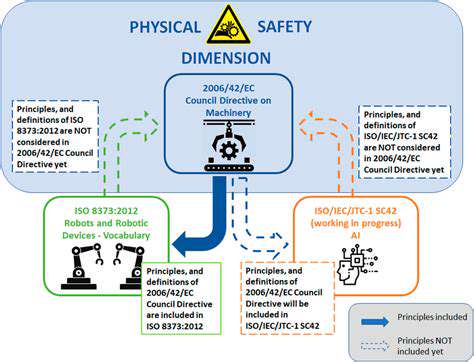


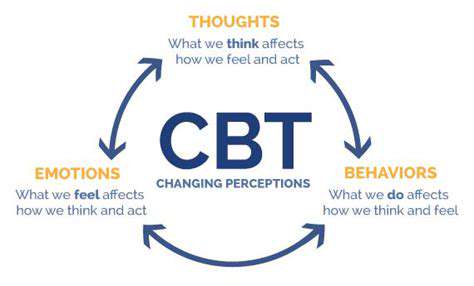

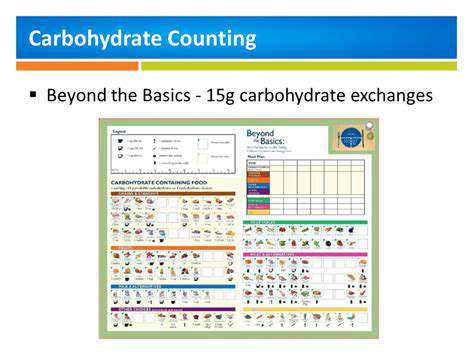
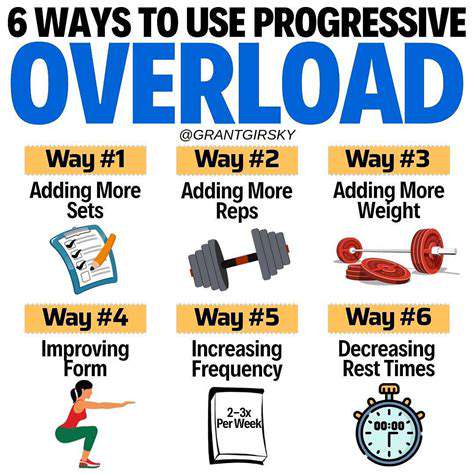

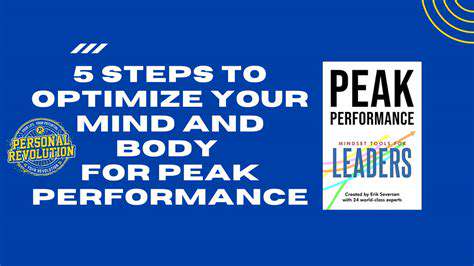

![How to Train for a 5K Run [Plan Included]](/static/images/26/2025-07/NutritionandRecoveryStrategiesforOptimalPerformance.jpg)
